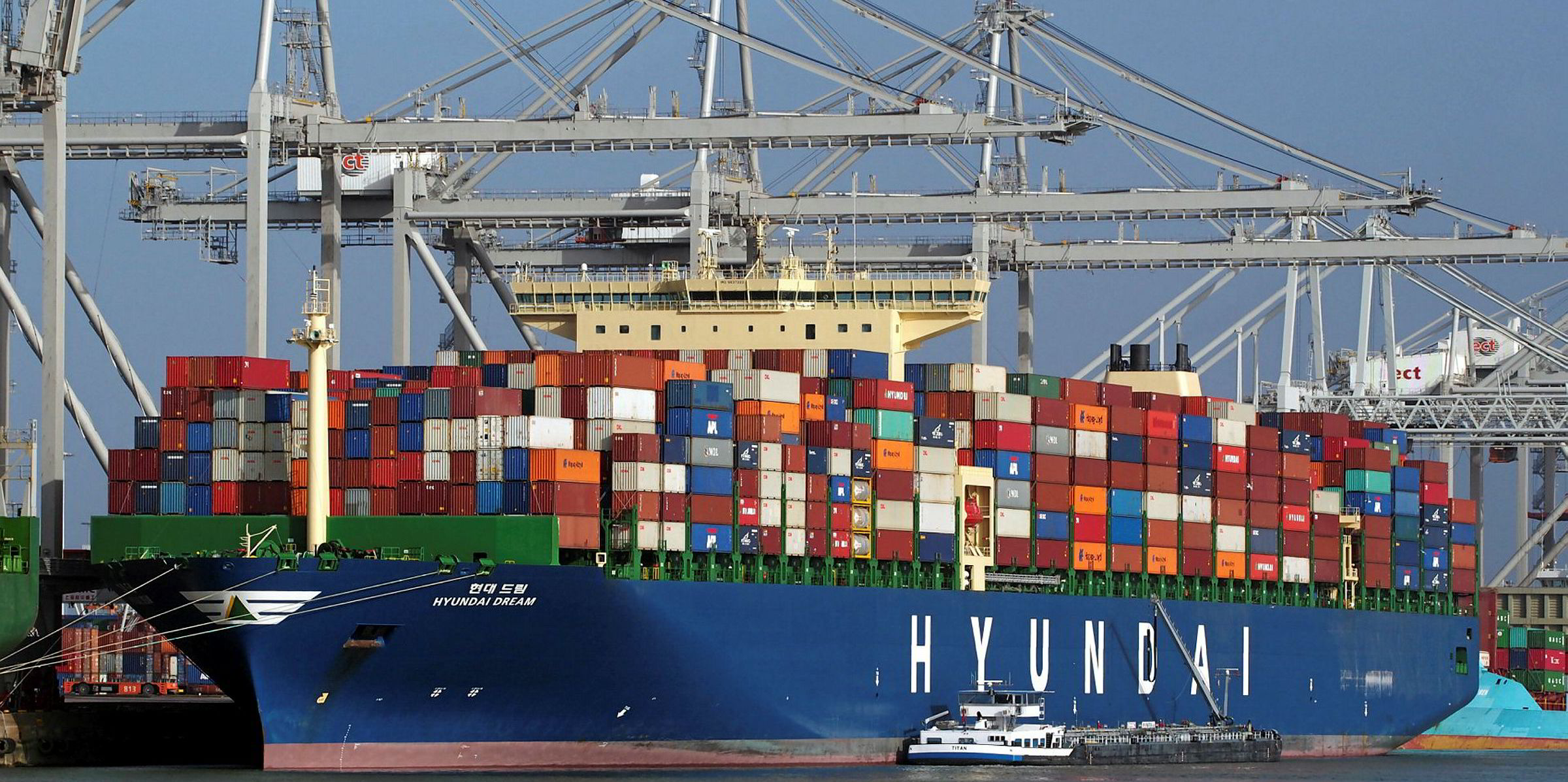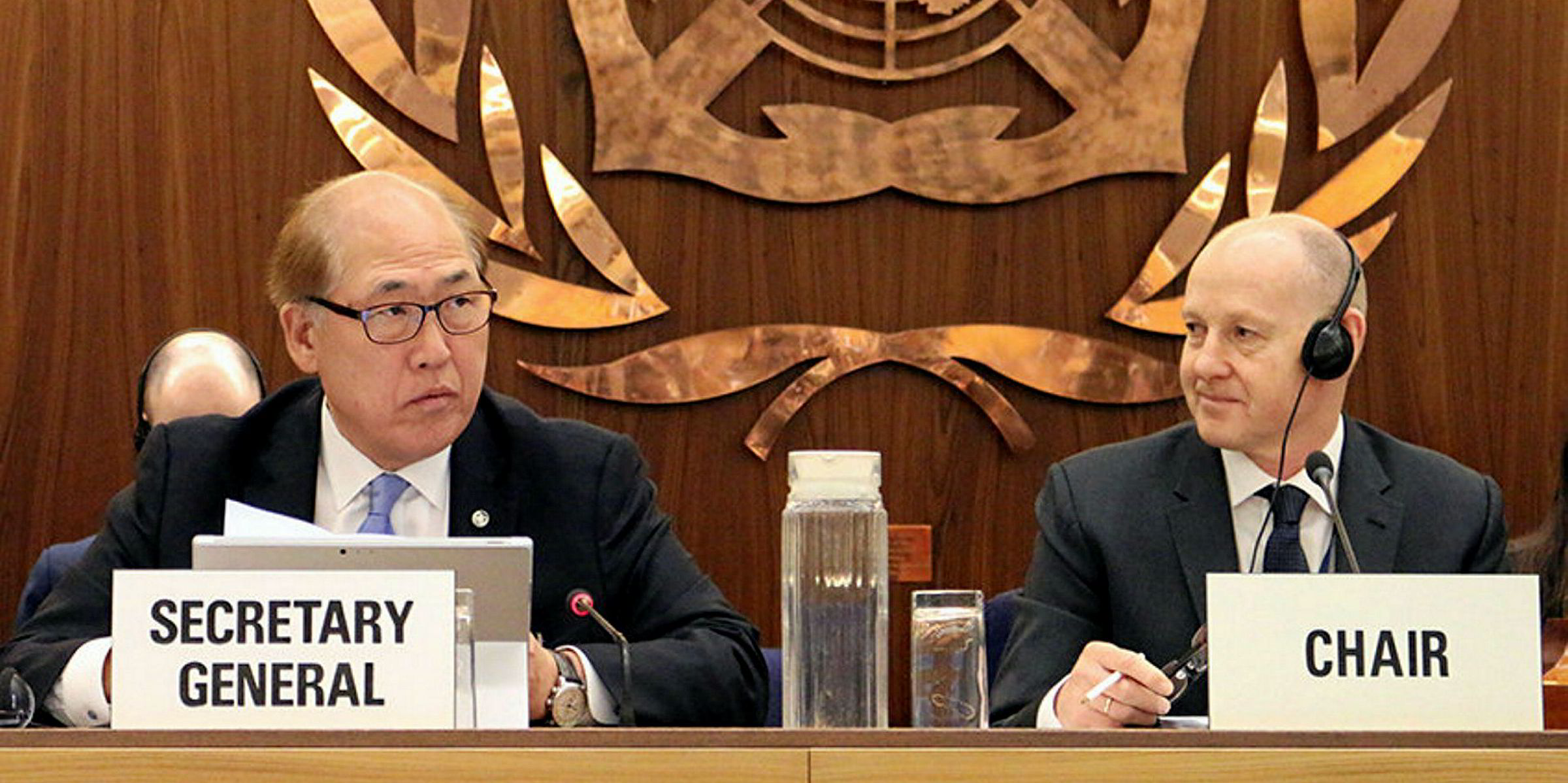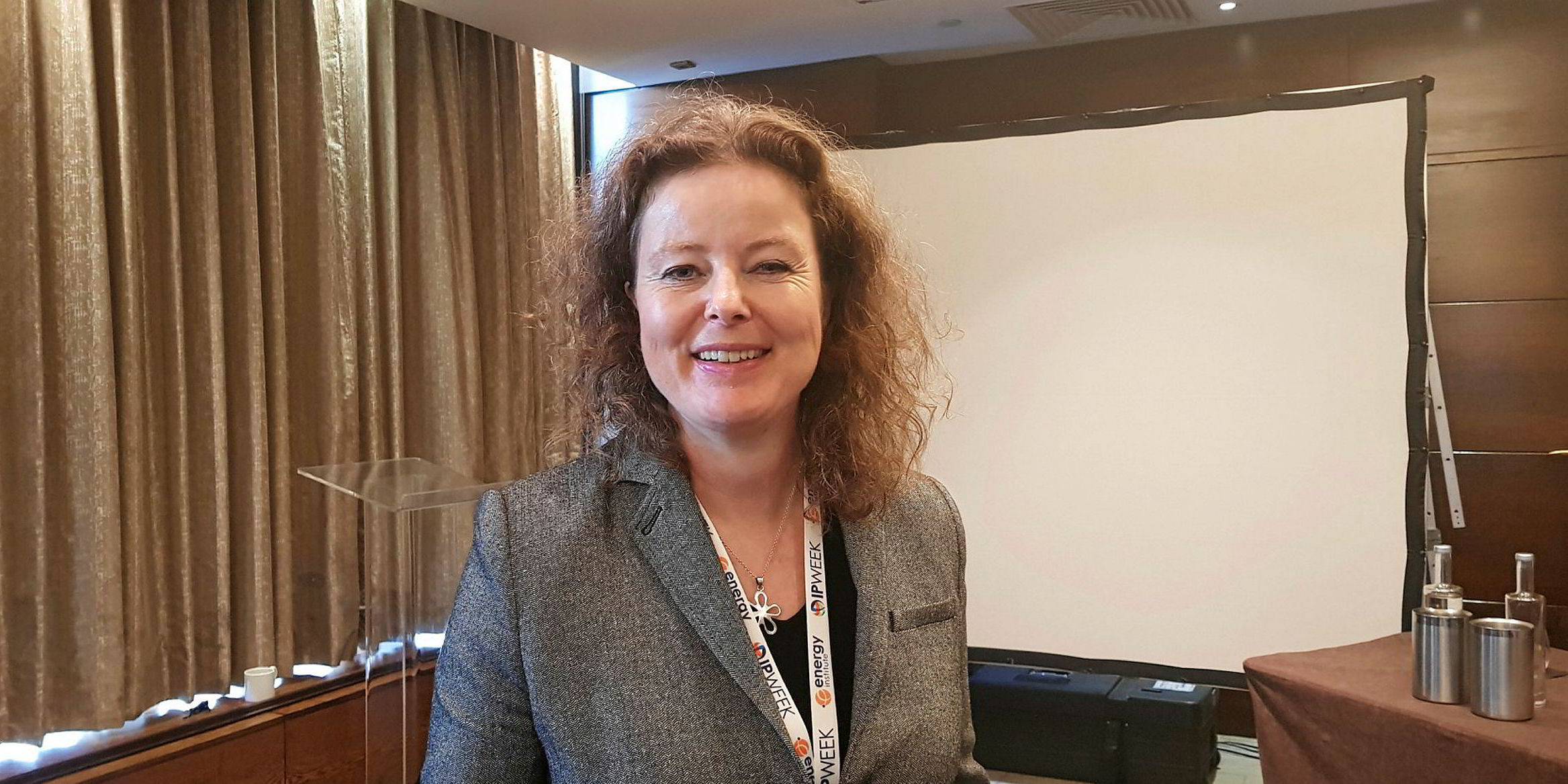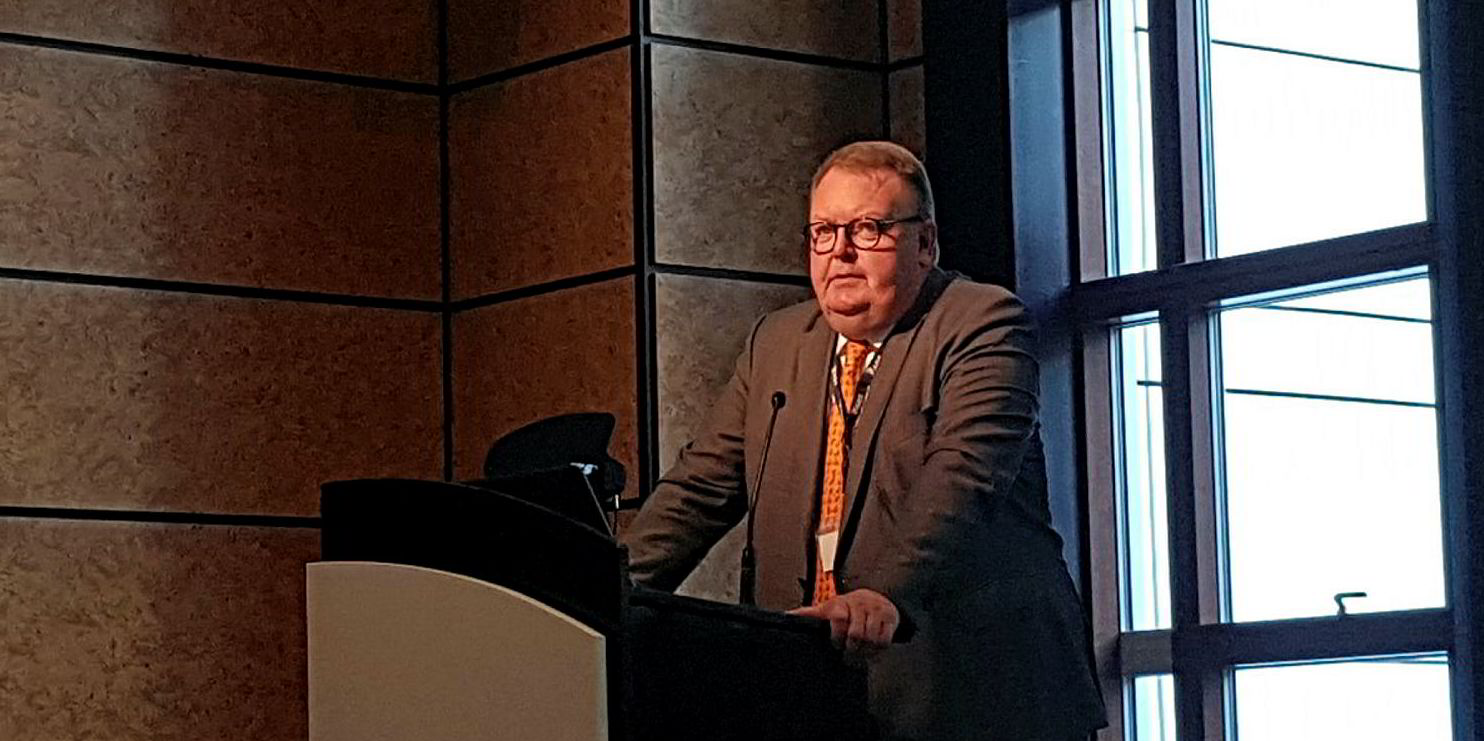Port-state-control (PSC) authorities in Belgium and the Netherlands have invested in new equipment to help refine their inspections on sulphur compliance.
Eugeen Van Craeyvelt, director general of shipping at Belgium’s Federal Public Service Mobility and Transport for shipping, says his department invested in three portable sulphur analysers costing €21,000 ($24,000) each last year.
Two of the units have been deployed in Antwerp with the third "travelling" between Zeebrugge and Ghent.
Van Craeyvelt, whose department has responsibility for the authority’s PSC inspectors, says they have been using the analysers since mid-2018.
The devices are used to check that bunkers satisfy the 0.5% sulphur regulations for the area, which will be lowered to 0.1% on 1 January 2020.
'Very happy'
He says the authority is “very happy” with the new kit.
Van Craeyvelt describes it as similar to that used in a medical laboratory for analysing blood and says just a few drops of fuel are required to see whether the sulphur content is in compliance with the regulations.
“This device is just concentrating on one particular item — sulphur — and if the device shows the content to be over the permitted limits, then the inspectors will take samples and send these off for analysis,” he says.
The Belgian authority bought the analysers last year and has trained its eight PSC inspectors on how to use them. Van Craeyvelt estimates that their use adds only about 20 minutes to the inspection process.
He says the analysers are “the starting point”, unless there is already documentary evidence that the ship is not carrying compliant fuel.
It is a plus when the supervising authority has at its disposal all the latest possible technical means to verify if whatever is delivered is in alignment with what should be delivered
Eugeen Van Craeyvelt
He is aware that his counterparts in the Netherlands have also invested in similar technology, but believes no one else in the region has them.
Van Craeyvelt points out that Rotterdam and Antwerp are the main bunker ports in north-west Europe. “We should be alert,” he says.
Twofold investment
But he explains that the reason for the investment is twofold, because the authority is able to check on compliance and supply.
“What we want to promote [is that] if the shipowner wants to bunker in Antwerp or in Rotterdam, they must be reasonably assured that the bunkers they are ordering are of the right specifications and particularly with regard to sulphur,” he says.
“In order to give that assurance, it is a plus when the supervising authority has at its disposal all the latest possible technical means to verify if whatever is delivered is in alignment with what should be delivered.”
“When a port state control inspector comes onboard a vessel that is bunkering, it is only a minor extra effort to take some fuel off the sample tap and do the analysis with the apparatus already being carried.”






